Common Myths and Misconceptions About Retinol
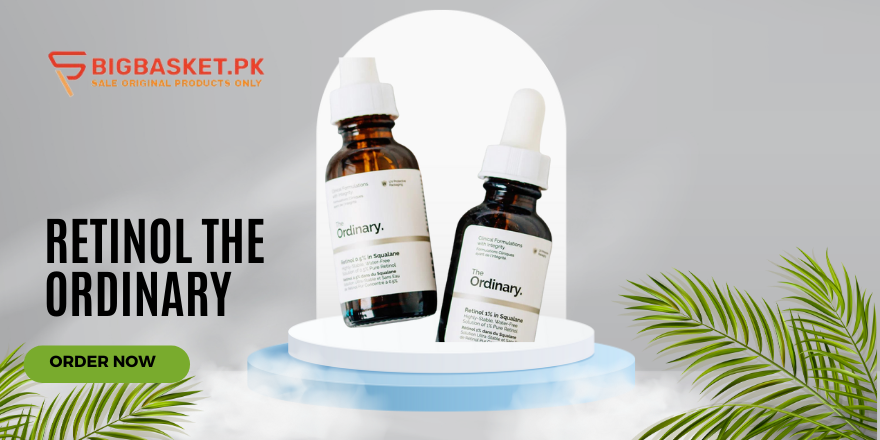
Are you tired of hearing conflicting information about retinol, the holy grail of skincare? From claims that it can magically erase wrinkles overnight to warnings that it will leave your skin red and peeling, the world of retinol is rife with myths and misconceptions. In this article, we’ll debunk some of the most common misunderstandings surrounding this powerful ingredient and set the record straight once and for all.
Common Myths and Misconceptions About Retinol
Are you ready to separate fact from fiction when it comes to the skincare superstar, retinol? Often hailed as a miracle ingredient for combating signs of aging and achieving a flawless complexion, retinol has also been shrouded in myths and misconceptions. In this article, we’ll embark on a journey to debunk the common misunderstandings surrounding retinol and unveil the truth behind its powerful reputation.
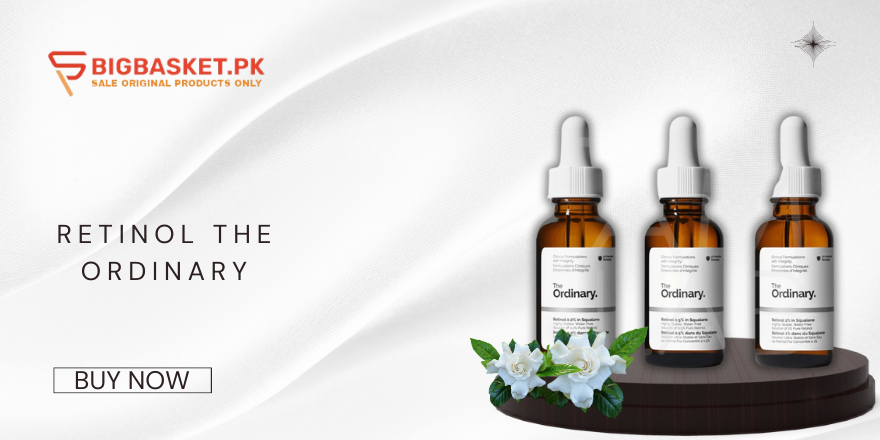
With its ability to minimize fine lines, improve skin texture, and stimulate collagen production, retinol has garnered a cult-like following in the beauty world. However, amidst the hype, numerous misconceptions have taken root, leaving many skincare enthusiasts baffled about how best to harness this potent ingredient’s benefits.
From fears of excessive sun sensitivity to confusion about proper usage frequency, it’s time to unravel the truth behind these myths and equip ourselves with the knowledge that will truly elevate our skincare game. Join us as we delve into the realm of retinol and discover the real deal behind this holy grail ingredient.
Are Retinol Myths Preventing You From Achieving Beautiful Skin?
In the quest for flawless, glowing skin, there seems to be an endless stream of information about skincare products and ingredients. One ingredient that has been at the forefront of many discussions is retinol. Hailed as a miracle worker by some and feared by others due to myths and misconceptions, retinol has garnered both praise and skepticism in the beauty world.
Are you hesitant to incorporate retinol into your skincare routine because of common myths? Join us as we debunk these misconceptions and uncover the truth about retinol’s potential to transform your skin.
The allure of retinol lies in its ability to address a myriad of skin concerns, from fine lines and wrinkles to acne and uneven texture. However, navigating through conflicting information can be overwhelming. It’s time to separate fact from fiction and discover whether retinol could be the missing piece in your quest for radiant, youthful-looking skin.
Debunking Common Misconceptions About Retinol: Separating Fact from Fiction
Have you ever wondered if retinol is truly the fountain of youth as some claim, or just another skincare gimmick? The world of beauty and skincare is often rife with myths and misconceptions, and few ingredients have been as misunderstood as retinol.
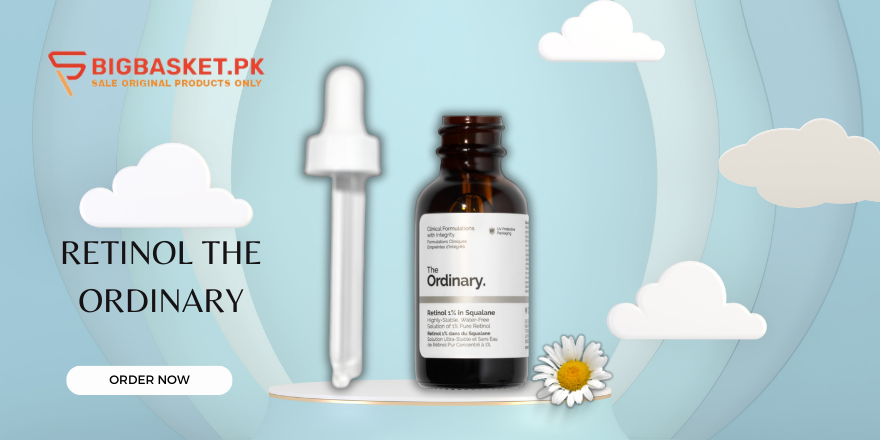
From fears of excessive skin peeling to doubts about its effectiveness on different skin types, the misinformation surrounding this powerhouse ingredient has left many consumers feeling bewildered.
In this article, we embark on a journey to debunk common misconceptions about retinol, separating fact from fiction to provide you with a clear understanding of what this potent compound can truly offer for your skin. So buckle up and get ready to unravel the truth behind one of the most talked-about skincare ingredients in history.
The Truth Behind Retinol: Understanding the Science and Benefits
Are you eager to uncover the secrets of youthful, radiant skin? Look no further than the enigmatic world of retinol. Often hailed as a miracle ingredient in skincare, retinol has captured the fascination of beauty enthusiasts and scientists alike.
But what is the truth behind this revered compound? Join us on an illuminating journey as we delve into the science and benefits of retinol, unraveling its mysteries and uncovering its potential to transform your skincare routine.
From wrinkle reduction to acne treatment, the power of retinol is both captivating and complex. Get ready to embark on a quest for knowledge that will demystify this potent substance and empower you to make informed decisions about your skincare regimen.
Retinol vs. Retinoids: Clearing Up the Confusion
Are you confused about the difference between retinol and retinoids? You’re not alone. With skincare products flooding the market, it’s easy to get lost in the sea of ingredients and their benefits. But fear not, because we’re here to clear up the confusion once and for all. In this article, we’ll dive into the world of retinol and retinoids, unraveling their distinct properties and demystifying their role in skincare.
Whether you’re a skincare enthusiast or a puzzled consumer looking to up your knowledge game, this article will equip you with the information you need to make informed decisions about these powerful anti-aging ingredients. Retinol and retinoids have been hailed as miracle workers for combating wrinkles, fine lines, and uneven skin tone.
However, understanding how they differ can be perplexing, leaving many wondering which one is right for them. As we embark on this journey through the realm of skincare science, prepare to uncover the secrets behind these potent compounds and gain clarity on how they can revolutionize your beauty routine. So sit back, relax, and get ready to bid adieu to confusion as we unravel the mystery of retinol vs. retinoids!
How to Safely Incorporate Retinol into Your Skincare Routine
Are you ready to take your skincare routine to the next level? If so, then it’s time to consider incorporating retinol. This powerful ingredient has long been hailed as a skincare superhero, thanks to its ability to tackle a myriad of skin concerns, from fine lines and wrinkles to acne and hyperpigmentation.
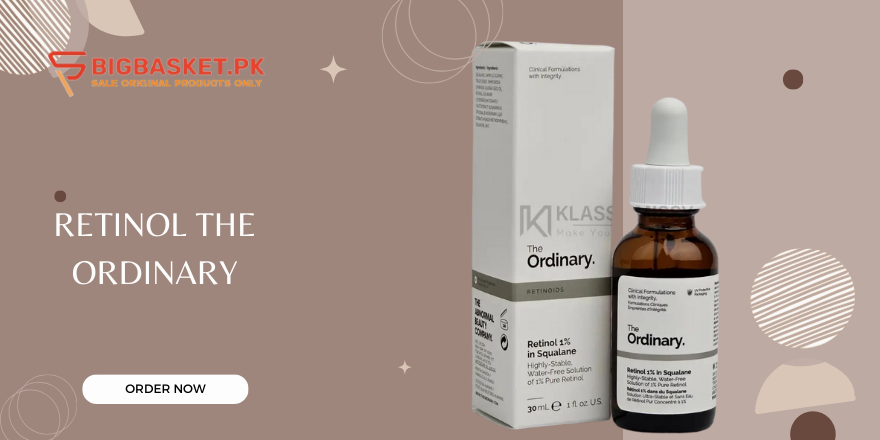
However, despite its impressive reputation, retinol can be tricky to navigate, with potential side effects such as dryness and irritation leaving many hesitant to dive in. But fear not! In this comprehensive guide, we’ll walk you through the ins and outs of safely incorporating retinol into your skincare routine, ensuring that you can reap all of its incredible benefits without any unwanted setbacks.
From understanding how retinol works on a cellular level to learning about proper application techniques and potential interactions with other products in your regimen – we’ve got you covered. Whether you’re a skincare novice or a seasoned enthusiast looking to revamp your routine, this article will provide invaluable insights into harnessing the transformative power of retinol while keeping your skin happy and healthy along the way. So buckle up and get ready for a journey towards radiant, youthful-looking skin!
Can Retinol Cause Skin Irritation? Busting the Myth
Are you a skincare enthusiast who has been wary of incorporating retinol into your routine due to fears of skin irritation Well, it’s time to unravel the truth behind this age-old myth. As we delve into the world of skincare, the debate surrounding retinol and its potential to cause skin irritation has sparked curiosity and concern among beauty aficionados.
With conflicting information saturating the beauty industry, it’s essential to debunk misconceptions and arm ourselves with factual knowledge about this powerhouse ingredient.
So, let’s embark on a journey to explore the science behind retinol, separate fact from fiction, and ultimately uncover whether this renowned skincare savior is truly a foe or friend when it comes to skin irritation. Get ready to demystify the enigma of retinol as we bust the myth once and for all!
Retinol: A Game-Changer for Acne Treatment or Just Another Myth?
Are you tired of trying countless acne treatments with little to no results? Enter retinol, the skincare ingredient that has sparked both excitement and skepticism in the realm of acne treatment. Some hail it as a game-changer, while others dismiss it as just another overhyped myth.
In this article, we unravel the mystery behind retinol’s potential to revolutionize acne treatment or whether it falls short of its promises. As you delve into the world of skincare and beauty, one thing becomes abundantly clear: everyone is searching for that holy grail product to banish stubborn breakouts once and for all. Retinol has emerged as a buzzword in this quest, promising transformative results in addressing acne concerns.
However, amidst all the hype and endorsements from influencers and dermatologists alike, doubts linger about its actual effectiveness. So, does retinol truly hold the key to clearer skin or is it simply another fad destined to fade away? Join us as we dissect the science behind retinol’s claims and separate fact from fiction in the pursuit of flawless skin.
Myths About Retinol and Sun Sensitivity: What You Should Know
Are you eager to incorporate retinol into your skincare routine but worried about its potential sun-sensitivity? You’re not alone. The world of skincare is rife with myths and misconceptions about the use of retinol, particularly when it comes to its relationship with sun exposure.
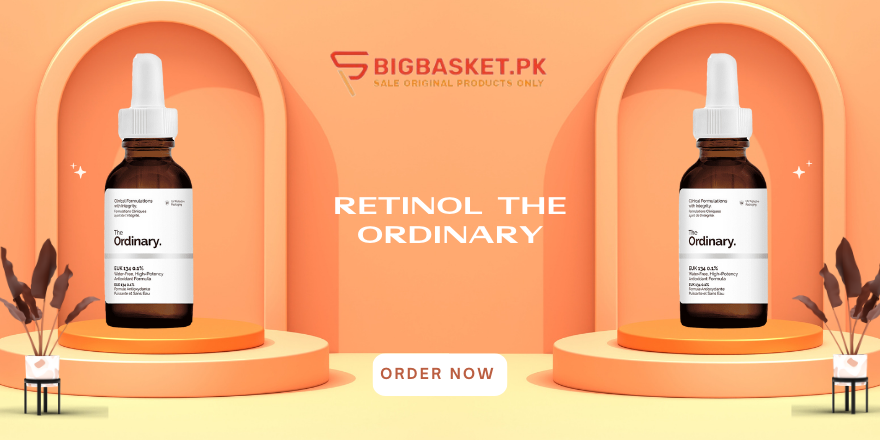
In this article, we’ll delve deep into the common myths surrounding retinol and sun sensitivity, separating fact from fiction to provide you with the knowledge you need to make informed decisions about your skincare regimen. From claims that retinol makes your skin more susceptible to sunburns to the belief that it should only be used at night to avoid sun damage, there’s no shortage of conflicting information out there.
But fear not – we’re here to debunk these myths and equip you with a comprehensive understanding of how retinol interacts with sunlight. So sit back, relax, and get ready to unravel the truths and misconceptions surrounding retinol’s impact on sun sensitivity – because when it comes to taking care of your skin, knowledge truly is power.
Retinol Myths: What Every Skincare Enthusiast Needs to Know
Are you ready to separate fact from fiction when it comes to retinol? As one of the most talked-about skincare ingredients, retinol has garnered a reputation for being both a miracle worker and a potential skin irritant. In this article, we will delve into the world of retinol myths and uncover the truth behind this powerful compound.
Whether you’re a seasoned skincare guru or just starting your journey to healthy skin, understanding the real benefits and limitations of retinol is essential for making informed choices about your skincare routine. So, grab your favorite mug of tea or coffee, settle into a cozy spot, and get ready to unravel the mysteries surrounding retinol.
Fact or Myth: Is Retinol Suitable for All Skin Types?
Are you tired of sifting through conflicting information about skincare? The debate over retinol has left many skincare enthusiasts in a state of confusion. Some claim it’s a miracle ingredient for all skin types, while others warn that it can cause irritation and sensitivity. So, what’s the truth?
Is retinol suitable for all skin types, or is it just another skincare myth? In this article, we’ll dive deep into the world of retinol to uncover the facts and debunk the myths surrounding its suitability for different skin types. Whether you have oily, dry, sensitive, or combination skin, get ready to unravel the truth about retinol and discover if it’s truly a game-changer for everyone.
FAQs
What is Retinol, and how does it work in skincare?
Retinol is a derivative of vitamin A known for its anti-aging properties. In skincare, it promotes cell turnover, boosts collagen production, and helps reduce the appearance of fine lines and wrinkles.
Are there any side effects of using Retinol?
Some users may experience mild irritation, redness, or peeling initially. It’s crucial to start with a lower concentration and gradually increase to minimize side effects. Always consult with a dermatologist before incorporating retinol into your routine.
Can Retinol be used by all skin types?
While generally suitable for most skin types, individuals with sensitive skin may experience more irritation. It’s recommended to patch-test and introduce retinol gradually into your skincare routine.
How long does it take to see results with Retinol?
Results vary, but improvements may be noticeable within a few weeks to a few months. Consistency is key, and patience is necessary for long-term benefits.
Can Retinol be used during the day, or is it strictly a nighttime product?
Retinol is typically used at night as it may break down in sunlight, reducing its effectiveness. Always follow product instructions and use sunscreen during the day to protect your skin.
Is it safe to use Retinol during pregnancy or breastfeeding?
It’s advisable to avoid retinol during pregnancy, as high doses of vitamin A may be harmful to the fetus. Consult with a healthcare professional for personalized advice.
Can I use Retinol with other skincare ingredients?
Yes, but it’s essential to introduce new products gradually. Avoid combining retinol with ingredients like benzoyl peroxide or vitamin C without consulting a dermatologist, as they may irritate when used together.
Do I need a prescription for Retinol?
Many retinol products are available over the counter, but higher concentrations may require a prescription. It’s advisable to consult a dermatologist to determine the most suitable strength for your skin.
Can Retinol make my skin more sensitive to the sun?
Yes, retinol can increase sun sensitivity. Regular use of sunscreen is crucial when using retinol to prevent sun damage and ensure optimal results.
Can I use Retinol if I have acne-prone skin?
Yes, retinol can be beneficial for acne-prone skin by promoting cell turnover and preventing clogged pores. However, it’s essential to start with a lower concentration and monitor your skin’s response.









